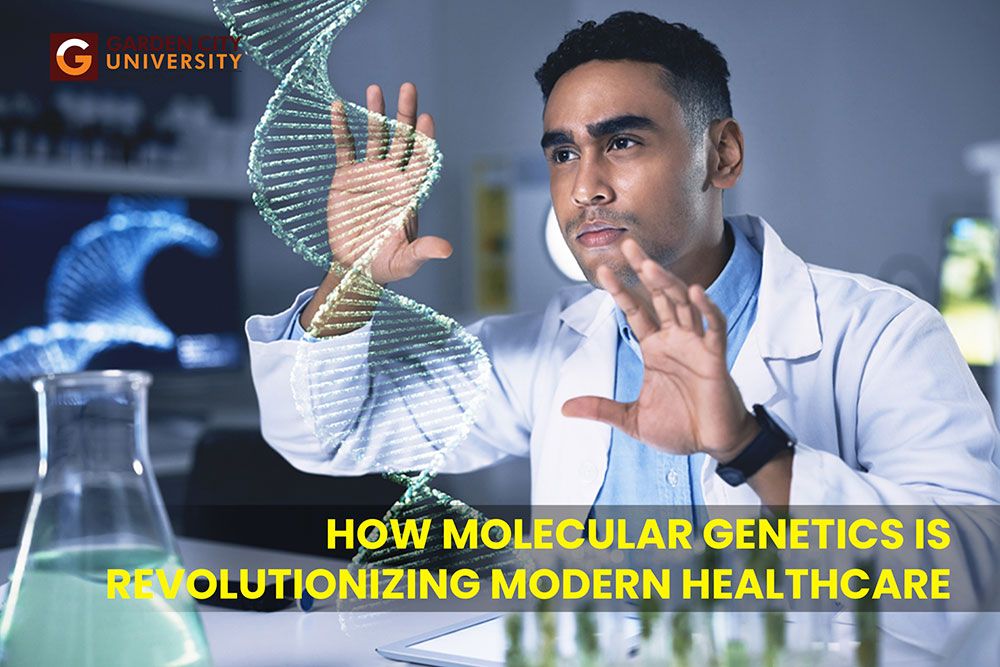Emerging technologies in today’s digital world are reshaping industry, redefining jobs, and changing the way people live and work. These technologies, which automate complex tasks and create secure digital ecosystems, are at the core of innovation. This blog explores the most significant new IT technologies, such as blockchain, machine learning, artificial intelligence (AI), and others, and how students can get ready for tech jobs by enrolling in courses that cover these topics. Artificial Intelligence (AI): Powering Smart Solutions AI refers to the simulation of human intelligence in machines. It allows systems to learn, reason, and solve problems. Technology has already become part of our daily lives, whether it is smart assistants such as Alexa or AI-powered search engines. Healthcare, Retail, Manufacturing, and Logistics all use AI to improve user experience, optimize operations, and predict outcomes. The demand for AI developers, neural networks and algorithm designers is high across the world. Machine Learning (ML), the Engine of Predictive Analytics Machine Learning is a subset within AI. It involves building systems that get better with time. From Netflix recommendations to Fraud detection in banking, ML helps businesses make smarter decisions without human intervention. Courses in ML cover data analysis, statistical modelling, supervised/unsupervised learning, and deep learning — all crucial for aspiring data scientists and AI engineers. Blockchain Technology: Enabling Trust In A Digital World Blockchain is best known as the decentralized ledger that powers cryptocurrencies such as Bitcoin. But its real-world applications go beyond cryptocurrency. Blockchain is now used in supply chain tracking, digital health records, identity verification, and other systems to ensure security, transparency, decentralization, and more. Blockchain-related certifications and electives are becoming more popular among students interested in cybersecurity, decentralized apps, fintech and blockchain. Cloud Computing: A Scalable and Flexible IT infrastructure Cloud computing allows organizations and users to access computing resources on demand via the Internet. Cloud platforms such as AWS and Microsoft Azure or Google Cloud can support anything from simple analytics to storage. Cloud skills are becoming more important as remote working and Digital Transformation become more popular. The courses in this area focus on Cloud architecture, Deployment models, Security, and DevOps Integration. This offers lucrative career opportunities in system administration and cloud engineering. Internet of Things: Smart Devices for a Smarter World IoT is a technology that connects physical devices with the internet. This allows them to exchange and collect data. IoT makes systems more intelligent, efficient and responsive. Students who are interested in IoT will learn about embedded systems, sensor technology wireless communication and real-time processing. It opens career opportunities in automation, smart city planning, and industrial engineering. Quantum Computing: Computing Beyond Limits Quantum computer, though still in its infancy stage, is poised for revolutionizing industries by solving issues that conventional computers cannot. It uses qubits in place of binary bits. This allows for processing on unimaginable scales. Students who are interested in this new leap are offered introductory courses on quantum algorithms, quantum mechanics and computational theory. Study IT-Focused Programs at Garden City University, Bengaluru Garden City University in Bengaluru has cutting-edge courses that are tailored to the digital age. B.Sc. Data Science Learn core concepts in data analytics, ML, AI, and big data tools Hands-on projects using Python, R, and SQL Prepares students for roles like data analyst, ML engineer, data scientist BCA (Bachelor of Computer Applications) Strong foundation in programming, cloud, cybersecurity, and mobile app development Exposure to AI, ML, and IoT modules Ideal for careers in software development, IT services, and product engineering B.Sc. Information Technology Focus on networking, system administration, web technologies, and IT infrastructure Learn emerging topics like cybersecurity and blockchain fundamentals Designed for roles in IT support, system management, and tech consulting M.Sc. Data Science / M.Sc. IT Advanced specialization for postgraduates in analytics, cloud computing, and AI Includes capstone projects and industry collaborations Prepares students for research, consulting, and leadership roles in IT These programs are designed to bridge academic knowledge with real-world application, helping students stay ahead in today’s tech-driven job market. Conclusion The world is moving fast, and emerging IT technologies are leading the charge. Whether it’s AI transforming healthcare, blockchain disrupting finance, or IoT powering smart homes, the demand for tech-savvy professionals is only going to grow. You can join this exciting revolution by choosing the right academic pathway at Garden City University in Bengaluru. GCU’s future-ready programs and expert faculty are backed by a strong network of industry professionals. This allows students to lead and innovate in the technology world.


